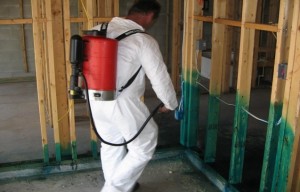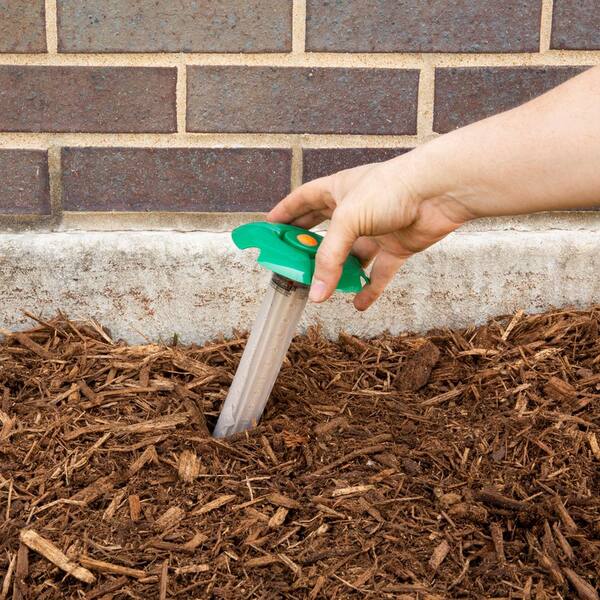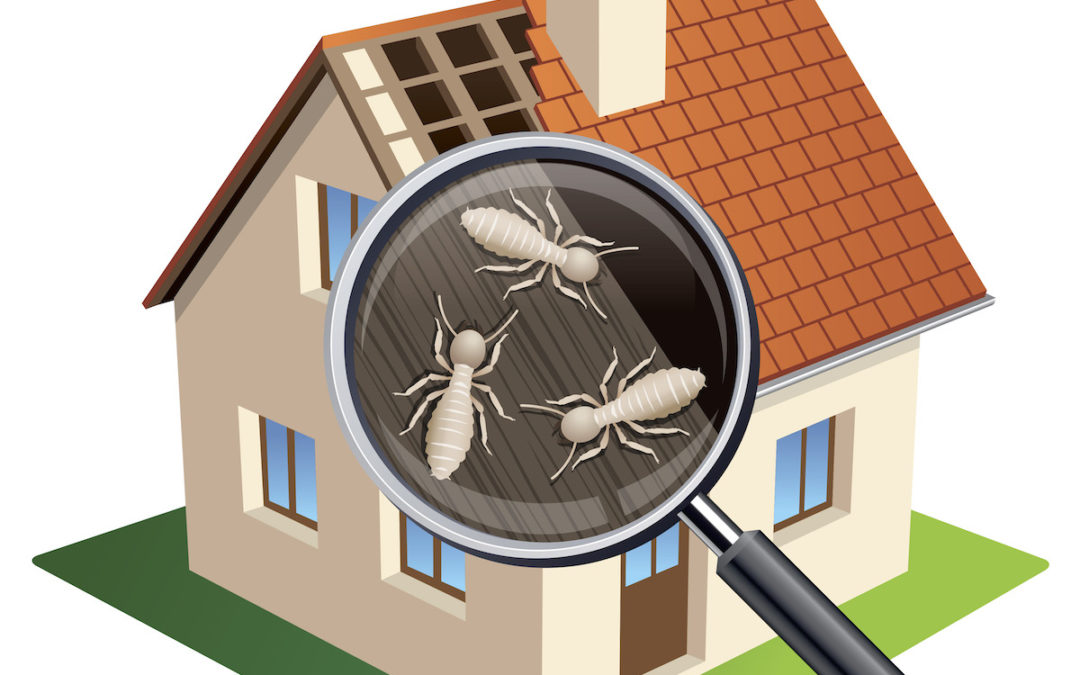Leading Ant Control Services: Trustworthy Solutions for Your Home or Company
Leading Ant Control Services: Trustworthy Solutions for Your Home or Company
Blog Article
Environmental Influence of Parasite Control: Balancing Effectiveness With Sustainability
The environmental impact of insect control is an essential problem that requires a delicate balance between accomplishing efficiency in handling bugs and making certain sustainability of our communities. As we strive to protect our plants, homes, and health from the hazards postured by bugs, the approaches we utilize can inadvertently damage the environment. From the usage of damaging chemicals that seep right into our soil and water to the unexpected consequences on non-target types, the repercussions of standard pest control methods are far-reaching. There are emerging methods that use hope for a more sustainable approach to pest monitoring. These solutions not just aim to attend to the prompt insect troubles yet likewise think about the lasting health of our world.
Harmful Chemicals in Pest Control
The utilization of hazardous chemicals in bug control postures substantial ecological and wellness dangers that call for mindful consideration and reduction approaches. Chemicals, herbicides, and pesticides are frequently made use of to eradicate insects, but their extensive application can lead to unintended repercussions. These chemicals can pollute soil, water sources, and the air, influencing not just the targeted insects however likewise beneficial insects, wild animals, and humans.

To attend to these dangers, incorporated bug monitoring (IPM) strategies are being advertised as a much more sustainable choice. IPM entails a mix of techniques such as organic control, habitat manipulation, and the targeted use pesticides as a last hope (ant control raleigh nc). By embracing an all natural technique to pest control, we can lessen the environmental and health and wellness effects connected with damaging chemicals while efficiently managing pest populaces
Influence On Non-Target Types
Thinking about the unintended effects of insect control methods, the effect on non-target varieties is a critical facet that needs extensive evaluation. While bug control actions intend to target certain insects, various other organisms in the environment might be inadvertently influenced. Non-target species, including useful insects, birds, animals, and also plants, can suffer straight or indirect harm from chemical applications or organic control techniques.
Chemicals can have lethal or sub-lethal impacts on non-target varieties. As an example, pesticides designed to deal with a certain insect bug might harm pollinators like or all-natural predators such as ladybugs. In addition, chemical deposits can build up in the atmosphere, affecting non-target organisms over time. Organic control representatives, if not species-specific, can posture risks to unexpected targets, interfering with the eco-friendly equilibrium.
To reduce the effect on non-target types, integrated insect management (IPM) methods that stress an all natural strategy to pest control are suggested. These approaches prioritize making use of environmentally friendly practices, lessening injury to helpful microorganisms while successfully handling pest populations. Performing extensive danger evaluations and keeping an eye on the results of insect control efforts are essential action in safeguarding non-target varieties and advertising overall ecological community wellness.
Dirt and Water Contamination
Unintended environmental effects of insect control techniques expand past affecting non-target types, with substantial ramifications for dirt and water contamination - ant control. Pesticides, herbicides, and chemical fertilizers utilized in parasite control can seep into the soil and contaminate groundwater, posturing a danger to both marine and terrestrial ecological communities.
Water contamination is another essential problem connected with insect control methods. Overflow from agricultural fields treated with chemicals can bring these chemicals right into neighboring water bodies, influencing water organisms and water high quality. Impurities in water resources can have far-ranging consequences, impacting not only water life yet additionally human wellness via the intake of polluted water or water organisms. To alleviate dirt and water contamination from parasite control tasks, incorporated bug administration strategies that focus on sustainability and lessen chemical inputs are essential.
Air Pollution From Chemical Use
Exposure to airborne chemicals during agricultural applications poses a considerable problem for air pollution control steps. When pesticides are splashed onto plants, they can volatilize into the air and kind unpredictable natural compounds (VOCs) and various other airborne pollutants. These chemicals can add to the formation of ground-level ozone, a significant element of smog that can have destructive impacts on human health, plant productivity, and general air high quality. Additionally, pesticide drift, where chemicals are brought by the wind to unintended locations, can cause the contamination of close-by ecosystems and water bodies.

Methods for Lasting Pest Control
In the world of farming practices, carrying out lasting bug control approaches is vital for preserving eco-friendly equilibrium and safeguarding crop yields. Sustainable bug control stresses making use of eco-friendly approaches to take care of parasite populations successfully while decreasing harm to non-target organisms and environments. Integrated Parasite Management (IPM) is a widely adopted method that integrates biological, social, physical, and chemical control approaches to attain lasting pest administration remedies.
Plant rotation and diversity are also reliable methods to disrupt pest life cycles and develop less favorable problems for insects to flourish. Eventually, by integrating these lasting parasite control approaches, farmers can Clicking Here achieve an equilibrium in between pest administration performance and environmental stewardship.
Verdict
To conclude, the ecological influence of bug control methods need to be thoroughly taken into consideration to balance efficiency with sustainability. Damaging chemicals made use of in insect control can cause dirt and water contamination, air pollution, and damage non-target species - termite control. It is critical to carry out lasting pest control methods to decrease these negative effects on the setting and advertise a much healthier environment for future generations
By taking on a holistic technique to pest control, we can minimize the environmental and health and wellness influences associated with damaging chemicals while properly taking care of pest populaces.

To mitigate the air pollution caused by pesticide usage, it is vital to adopt integrated parasite administration approaches that prioritize the use of non-chemical parasite control techniques, such as plant rotation, natural killers, and resistant crop selections. Sustainable bug control emphasizes the use of eco friendly methods to handle parasite populations efficiently while reducing injury to non-target microorganisms and environments. Integrated Pest Management (IPM) is a commonly taken on approach that combines biological, social, physical, and chemical control methods to achieve long-lasting bug monitoring solutions.
Report this page